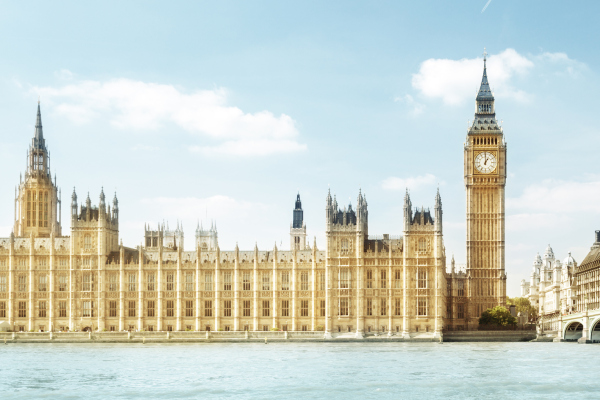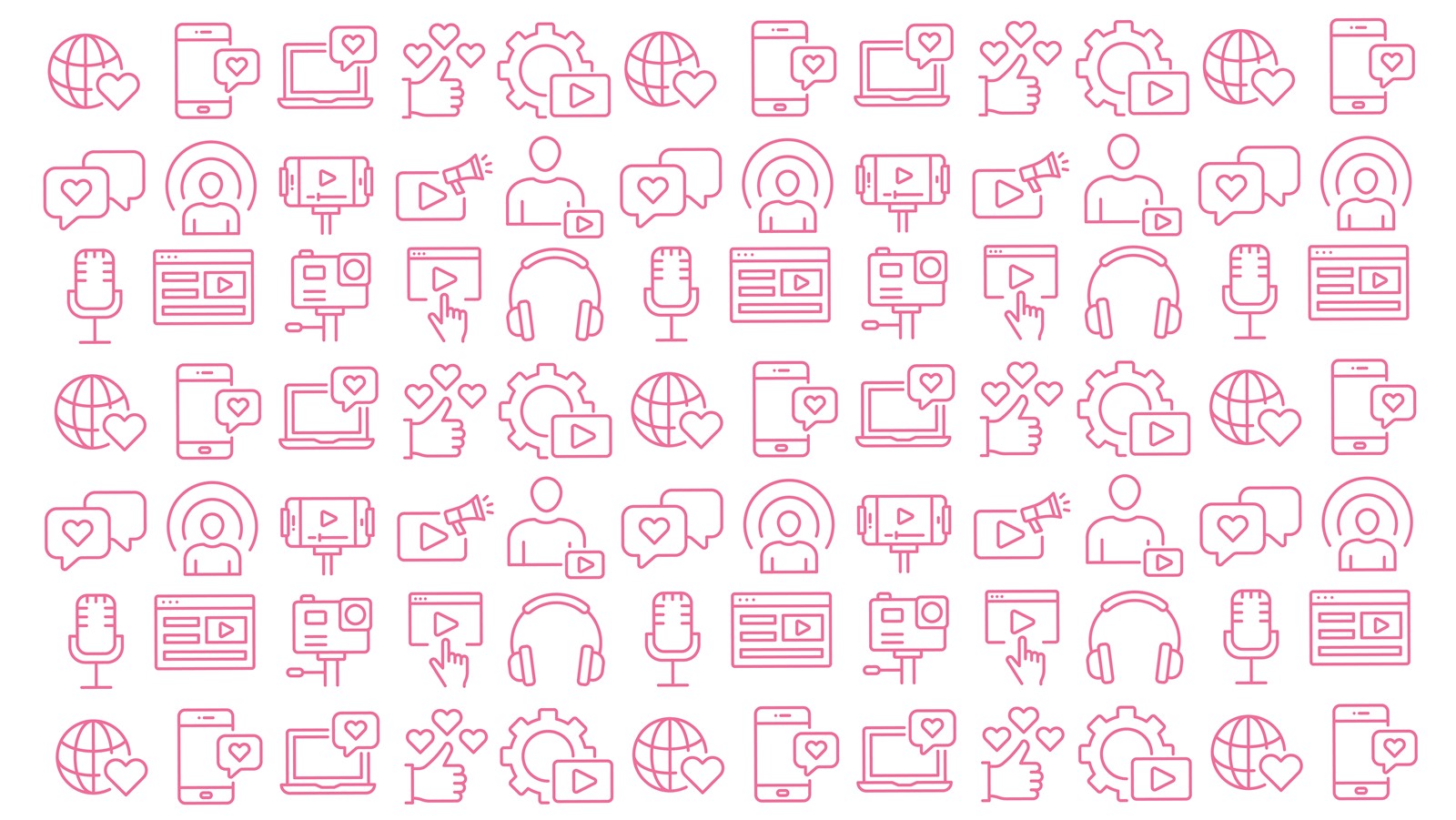It's promising to see schools and organisations getting involved in this week’s Neurodiversity Celebration Week, and great to see BACP honouring neurodiversity. Neurodivergent (ND) people are of course widely represented within our therapeutic client base, and also within the therapist population itself.
The role of talk therapist offers the opportunity to connect at a deep level with another human; organise our own work schedule to suit our needs and environment and focus on a niche client-base or modality of therapy that we’re hyper-passionate about. It’s actually a dream job for many ND folk, and an increasing number of ND therapists are now out, and sharing their respective ND identities proudly.
Seeing ourselves represented
The increasing number of social media groups consisting of autistic and otherwise neurodivergent therapists of all modalities, supporting each other and sharing resources, is evident. Therapy Today has previously run articles by neurodivergent authors, with another by me coming up later in the year; and it's wonderful for us as ND therapists to see ourselves in the magazine’s pages, and here on BACP’s website.
Being neurodiversity-affirming
Of course, one doesn’t need to be ND one's self, in order to work successfully with an ND counselling client; for example, someone with a diagnosis of autism or ADHD. But therapists working with ND clients should be neurodiversity-affirming, in the same way as we’d inform ourselves of the LGBTQIA+ experience, if working within this community. One area that can frustrate autistic clients of talk therapists, or students training in psychotherapy, is a lack of alignment with the social, rather than medical model of disability. I've included some challenges below, based on the canvassing of autistic opinions.
Therapists shouldn’t decide if a so-called label is positive or negative
Celebrating neurodiversity means honouring an individual’s authenticity, respecting diagnosis and self-definition, and working with an individual’s support needs, among other aspects. For many neurodiversity-informed people, a therapist saying they don’t support labels like autism, or that autism doesn’t define you, may indicate they don’t support personal autonomy, if it doesn’t meet their own world views.
My view is that we as therapists shouldn’t put forward what is a stereotype or label, versus what is a microculture or identity. We all know that a psychological sense of fitting in, and community support, reduces the risk factors for loneliness. A client’s identity (i.e. as an autistic person), should be affirmed and its wider importance acknowledged; just as a client’s sexual identity may inform many therapeutic aspects.
I believe we must respect an ND client’s sense of belonging to their own marginalised community – not just the general community of neurodivergence, but their own intersectionality. Multiple neurotypes and conditions fall under the neurodiversity banner, from autism and ADHD to Tourette’s and dyslexia, plus many more. But each experience is unique. A non-autistic dyslexic person has a different experience to an autistic individual; as does a black non-autistic dyslexic person and an autistic LGBTQIA+ individual.
Use supportive language
The ND community tends to prefer identity-first language – "Phil is autistic", not "Phil has autism". Therapists should check their client’s preference.
Words like suffering and damage (i.e. phrases such as suffering with autism, and the area of the brain damaged in an autistic person, both of which are personal examples I've heard directly from therapists), represent unaffirming language.
To conclude, ND individuals are increasingly creating resources that talk therapists may find useful. The newly released Adult Autism Assessment Handbook: A Neurodiversity Affirmative Approach by Hartman et al, is gaining rave reviews as a useful resource for any psychotherapist. It certainly feels as if the many ND members of the talk therapy community are feeling more heard, if not (yet) entirely celebrated.
Read more...

School counselling in England campaign
We believe that a paid counsellor should be available in every secondary school, academy and FE college in England.

Influencing decision makers
We work with with politicians and decision makers from all four nations to help them understand the positive changes that counselling can make to people's lives.

Blogs and vlogs 2023
News and views from members, staff and clients
